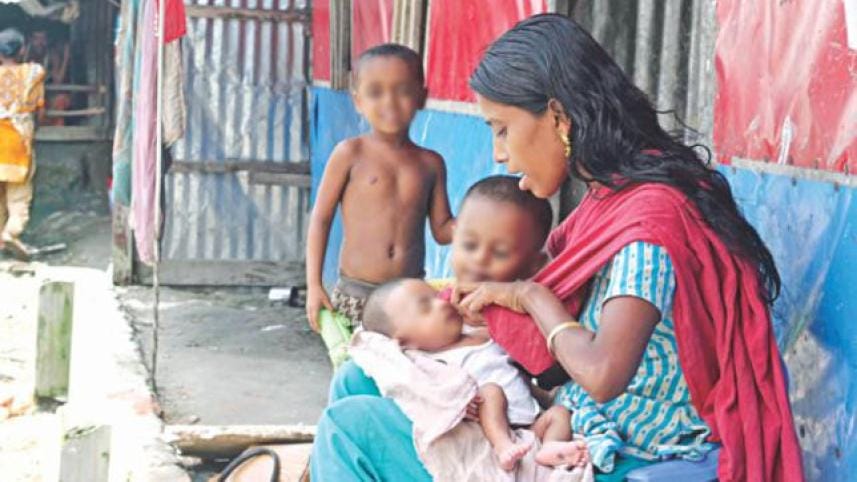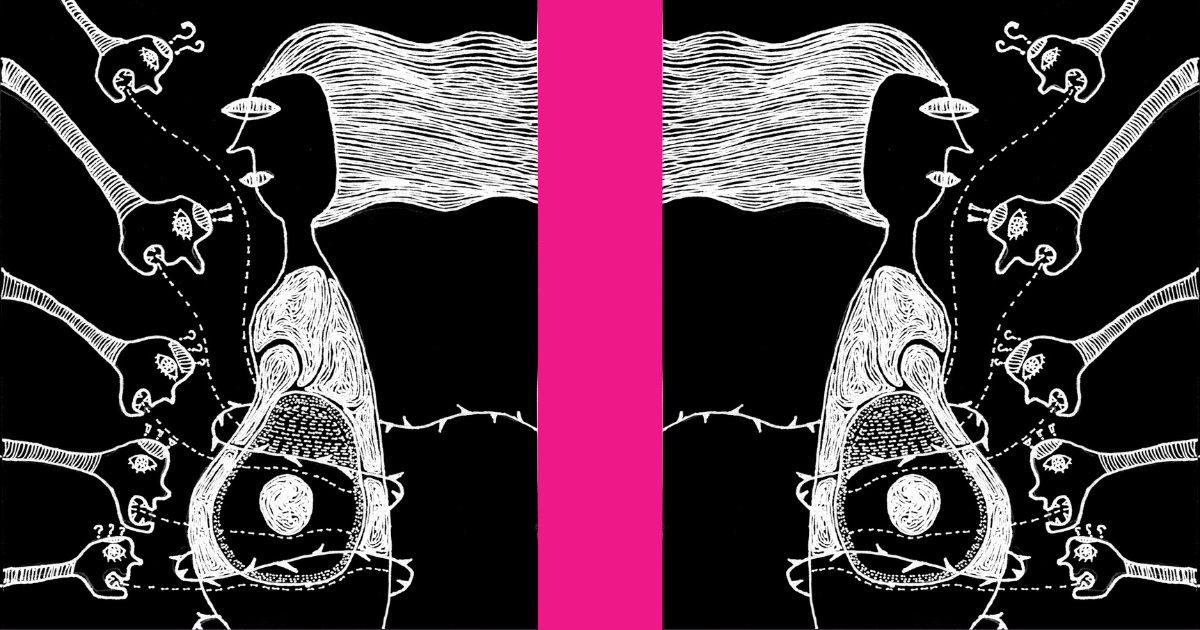Despite progress, there are miles to go

In 2012, the London Summit on Family Planning marked a significant turning point in the global family planning movement and its progress towards achieving universal access to family planning services. This collaborative summit brought together key stakeholders and partners dedicated to advancing family planning initiatives. As a result, the Family Planning 2020 (FP2020) partnership was established, setting an ambitious agenda to improve access to voluntary family planning information and services worldwide.
One of the main objectives within the FP2020 framework was to empower an additional 120 million women across 69 countries, including Bangladesh, to adopt modern contraceptives by 2020. Bangladesh made several commitments aligned with this goal, such as increasing access and usage of family planning services to 80 percent, with a specific focus on reaching 60 percent in low-performing areas, by 2021. Other targets included increasing the utilisation of long-acting and permanent methods to 30 percent, reducing unmet need for contraception to seven percent and reducing contraceptive methods' discontinuation rate to 20 percent. Bangladesh aimed to extend effective family planning services to approximately 39.4 million couples by 2021. However, the country has made minimal progress in all of these targets, making the provision of contraception a major challenge for Bangladeshis.
According to the Bangladesh Demographic and Health Survey (BDHS) 2022, 64 percent of currently married women utilise contraception, with 55 percent opting for modern contraceptive methods. This is significant in terms of actual numbers, as it means that approximately 4.5 million couples started using modern contraception over the FP2020 initiative period. When combined with the estimated 17.75 million contraception users in 2011, the current estimate suggests that approximately 22.30 million couples are now using modern contraception. Although this falls short of Bangladesh's commitment to providing contraception for 39.4 million couples under the FP2020 initiative, it is important to acknowledge that the use of modern contraception has prevented a significant number of unintended pregnancies, abortions, and maternal deaths.
A key principle of FP2030 is that family planning should be provided in a manner that respects individuals' rights. This includes granting women and girls the autonomy to make decisions regarding their own bodies and reproductive health, and ensuring access to family planning services without discrimination or coercion. However, achieving this objective in Bangladesh poses significant challenges.
But targets to reduce geographic disparities and inequality achieved minimal success. For instance, the usage of contraception among poorer and poorest women increased from nearly 53 percent and 54 percent in 2011 to approximately 61 percent and 57 percent, respectively, by 2022. Interestingly, these percentages surpass those of the advantaged group. Nevertheless, there has been limited progress in increasing modern contraception usage among disadvantaged groups, such as the slum or floating populations. To note, the urban-rural disparity in modern contraception usage has slightly decreased from 2.6 percentage points in 2011 to 1.2 percentage points in 2022. But regional disparities of modern contraception use are still very high, with approximately 17 percentage points between Rajshahi (61 percent) and Sylhet (44 percent) regions reported in 2022. The contraception discontinuation rate was still very high at approximately 30 percent in 2022, instead of the targeted 20 percent by 2021. These failures contribute to the stagnation of contraception use in Bangladesh, underscoring the need for renewed efforts to address gaps, reduce disparities, and improve access to comprehensive family planning services.
In 2022, Bangladesh made another significant commitment to ensuring rights-based family planning with the FP2030 initiative. A key principle of FP2030 is that family planning should be provided in a manner that respects individuals' rights. This includes granting women and girls the autonomy to make decisions regarding their own bodies and reproductive health, and ensuring access to family planning services without discrimination or coercion. However, achieving this objective in Bangladesh poses significant challenges.
Existing community norms still consider contraception as primarily the responsibility of women, rather than the shared responsibility of a couple. This results in the marginalisation of women's choices, which is evident in national-level estimates, where only 10 percent of the 55 percent of modern contraceptive method users are men, and a mere 2.6 percent of the 7.5 percent of long-acting and permanent contraceptive method users are men. Government initiatives aimed at involving men in formal family planning services have faced limited success thus far. The country also faces a high burden of unintended and short interval pregnancies, with a prevalence of approximately 25 percent. However, a significant portion of these pregnancies are wanted from the husband's perspective, indicating evidence of reproductive coercion.
Addressing these challenges requires increased effectiveness of government-level initiatives at the lowest levels. However, the real scenario is contrary to this, with a declining number of family planning visits and exposure to awareness messages. Private sources are steadily becoming the dominant source of contraception information. The public sector now provides only 37 percent of modern contraception, down from 44 percent in 2011. Such challenges make access to rights-based family planning services difficult for a specific group of Bangladeshi women, who cannot access contraception of their choice due to financial or other restrictions or can only use contraception as per their partners' desires.
Dr Md Nuruzzaman Khan is an assistant professor at the Department of Population Science of Jatiya Kabi Kazi Nazrul Islam University in Mymensingh, Bangladesh.




 For all latest news, follow The Daily Star's Google News channel.
For all latest news, follow The Daily Star's Google News channel. 

Comments